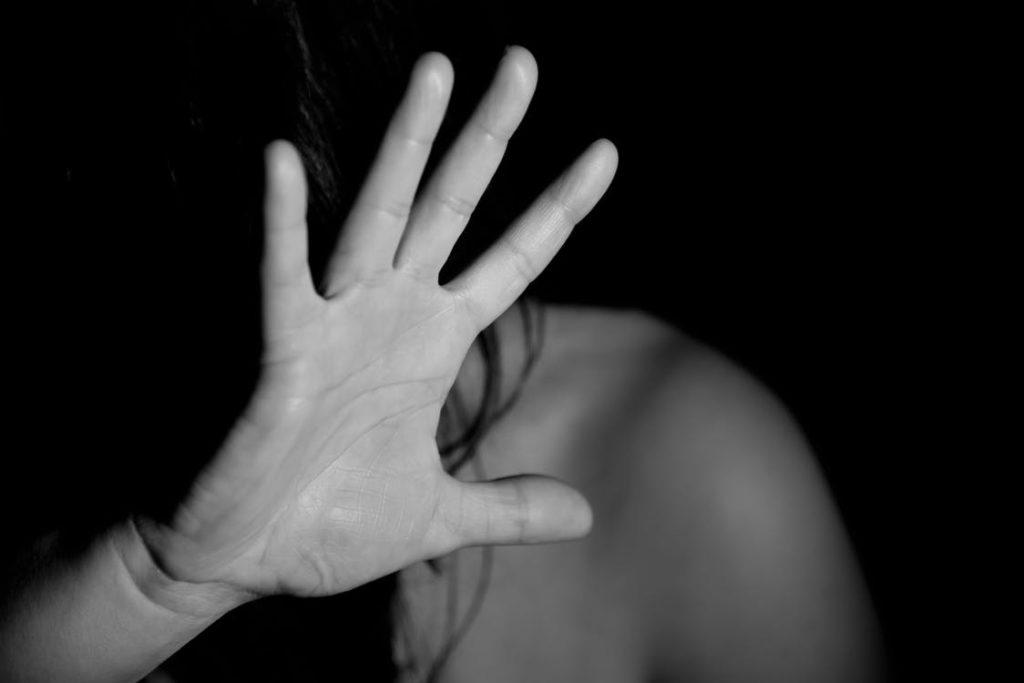Efforts to fight gender-based violence will only succeed if there is a systemic approach based on a global partnership of actors in the educational, social, police and legal domains, participants in a colloquium in Brussels stressed on Wednesday.
Highlights of the colloquium on gender-based violence, organised by the Parliament of the Wallonia-Brussels Federation, included a presentation by Madrid judge Maria Gavilan Rubio on an “integral organic law” adopted in 2004 in Spain to fight violence against women.
The law contains various provisions related to prevention, ranging from early education to the elimination of sexist images and advertisements. It strengthens the Spanish criminal code’s provisions on macho violence and provides for the creation of specialised courts and a state observatory on violence. Further, it includes measures to protect victims, such as wearing an electronic bracelet to keep the aggressor at a minimum distance.
“However, it is education that is crucial to avoiding abuse and achieving more equality and respect for human rights,” Judge Gavilan Rubio stressed.
The many presenters at the colloquium also included Eric Corbeaux, a public prosecutor in Pontoise, who explained measures taken by Val d’Oise department in France to combat violence against women.
These include ensuring a systematic judicial response to all cases of violence within the family and systematically selecting the highest possible penal classification for the acts prosecuted. The legal system further includes, just as systematically, the addition of aggravating circumstances, such as the presence of minors during violent acts, to the charges against the perpetrators.
Val d’Oise was also one of the pioneer departments in France for the introduction of the “danger telephone,” which allows a woman threatened by a past or present partner to call for help simply by pressing it once, Corbeaux explained.
In Belgium, where there have been over 20 killings of women since the start of the year, progress is also being reported. At the initiative of the Wallonia-Brussels Federation, many measures have been taken in recent years, particularly with regard to raising public awareness and providing assistance to victims, only about 15% to 20% of whom actually file complaints.
Following Belgium’s ratification of the Istanbul Convention on violence against women, three multi-disciplinary centres for victims of sexual violence were established in Brussels, Ghent and Liège, while another three are scheduled to be set up soon in Charleroi, Leuven and Antwerp.
Launched in late 2017, the Brussels centre, located at 320 rue Haute (Saint Pierre University Hospital) treated 1,000 victims, 90% of them women, this year, according to forensic midwife Anna Maerten and psychologist Céline Janssens, both employed at the centre. It provides social, medical and legal assistance for victims of sexual violence, enabling them to receive treatment and file complaints in one and the same place, they explained on Wednesday.
However, they stressed that the centre falls far short of covering all the assistance needs in Brussels Region: its limited resources only allow it to work for the victims referred to it by the Brussels City police.
The Brussels Times

